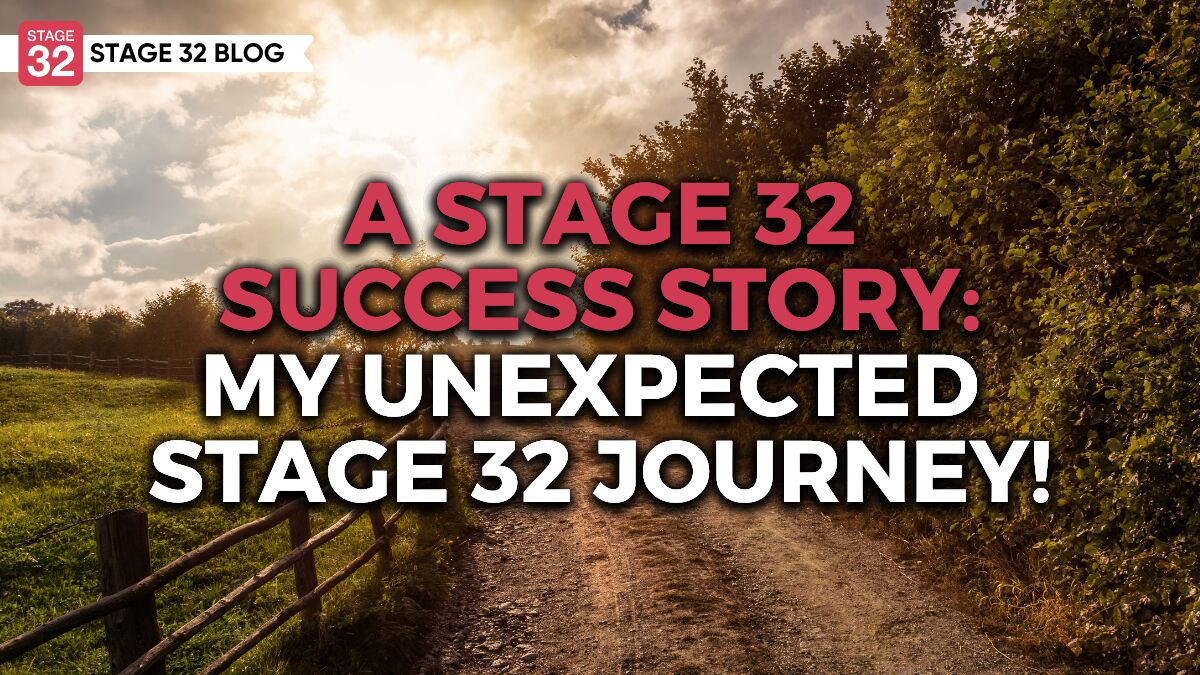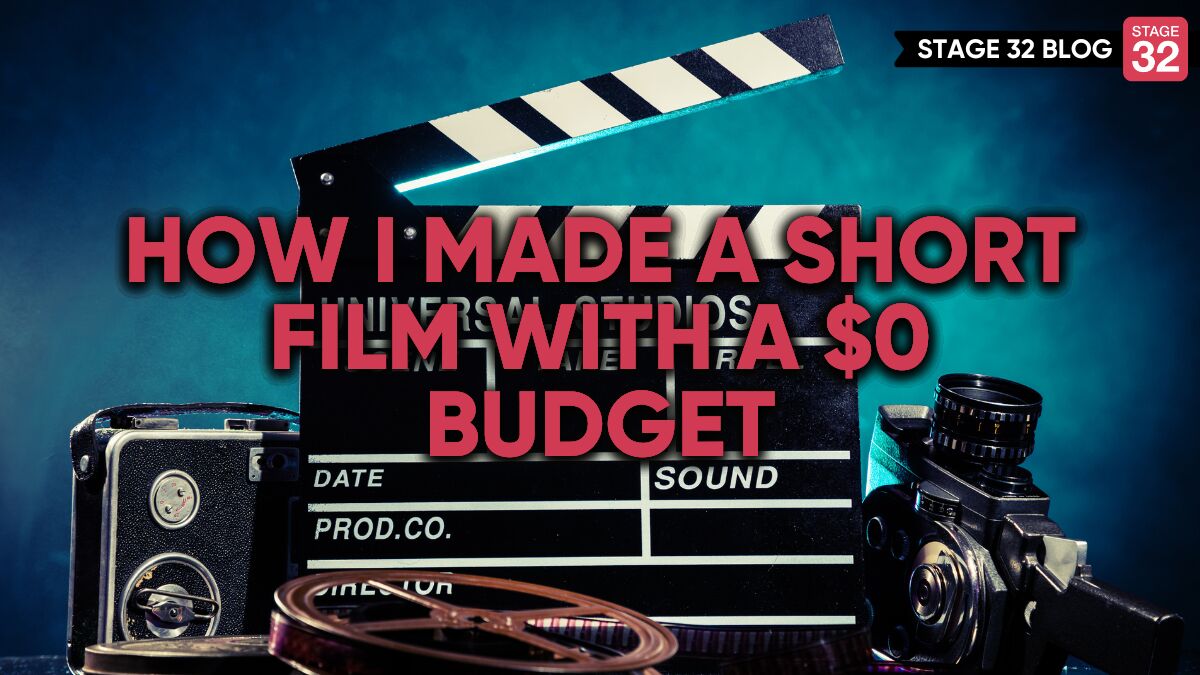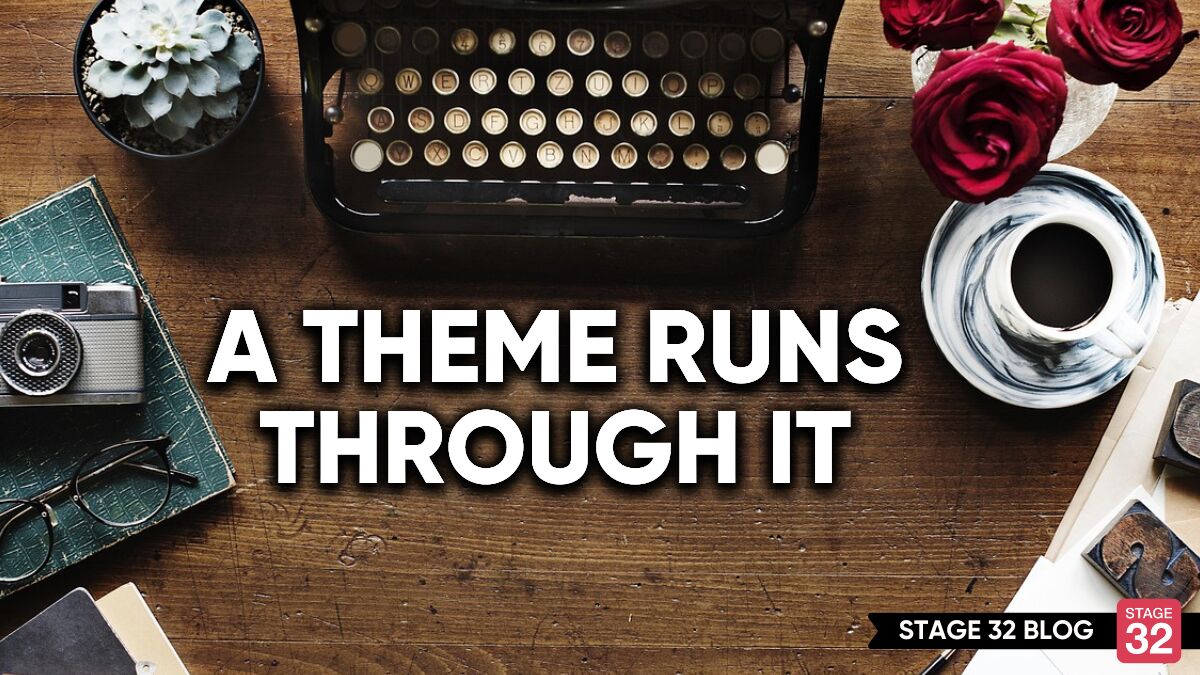A Theme Runs Through It
Whenever I’m asked to critique or fix a script, the first thing I want to know is: what’s the theme? Not the story, not the plot- the theme. The theme in a movie is its underlying central idea or message, explored through story, character, imagery, music, and design.
Theme is the foundation, the beating heart, the thing that makes your story about something instead of about nothing. Without theme, ninety minutes of a bunch of people muttering about their problems is just ninety minutes of a bunch of people muttering about their problems.
A lot of writers think theme is something fancy, something you slap on the script afterward, hoping the four aces will magically show up on top of the deck. Nope. Wrong way. Reverse. Theme is the reason you’re writing the story in the first place. Without it, you’re just randomly stringing together a series of interesting moments, and that’s not a story- it’s a study in randomness.

Examples of Theme in Classic Films
Let’s talk about theme using some well-known examples.
The Godfather
What’s The Godfather about? You could say it’s about the mafia. You could say it’s about family. But what makes it stick? Better yet, what’s its schtick? What’s its theme? Can a good man survive in a bad world, or will a bad world destroy the goodness in a man? That’s the beating heart. That’s the theme.
Another way of looking at it, of phrasing the theme- does a crime family devour its young? The theme in this movie is why we feel Michael Corleone is a tragic hero and not just a cold-hearted son-of-a-bitch.
Early in the movie, Michael tells his girlfriend about how his family uses violence to achieve its ends. Separating himself from the family’s ethos, Michael says:
“That’s my family, Kay. It’s not me.”
The key to the entire film can be found in that one statement. At first, Michael fights to stay away from his family, but every dramatic encounter pushes him further down a narrowing path of choices until there are no more choices to be had, only brutal actions to be taken as Michael becomes everything he once hated.
Jaws
Sure, it’s about a fish with a taste for slow swimmers, but thematically, it’s about fear of the unknown, fear of responsibility, fear of losing control. Chief Brody isn’t just battling a shark; he’s battling his own inadequacies, his own terror that he’s not up to the job of protecting people. The shark is a moving metaphor with razor-sharp teeth.
Other Examples:
The best movies have a theme running through them like a steel cable.
Casablanca? It’s about personal sacrifice for the greater good.
The Shawshank Redemption? Hope in the midst of utter despair.
Die Hard? The importance of making an appearance at your wife’s Christmas party, or maybe it's something about individual heroism in the face of insurmountable odds.
The point is, that these movies have a central idea they’re exploring, and that’s why we watch them over and over.

What Happens When You Ignore Theme?
Now let’s talk about what happens when you ignore theme.
Imagine if The Matrix were just about rimless sunglasses and Hong Kong wire fu. Fun? Sure. Indelible? Not so much. What makes the movie work is the theme: the struggle to reject illusion and embrace the truth. That’s what gives all the bullet-dodging and philosophical asides their weight. It’s what keeps people debating about whether we’re all living in a simulation. And no, by the way, we’re not. Or as Dr. Johnson might say, kicking his foot against a stone: “I refute it thus!”
But here’s the tricky part: you can’t just staple a theme onto your story like a bad toupee. It has to be woven into the very DNA of the screenplay. Every major character decision, every turning point, every line of dialogue that matters should echo the movie's central theme.
You notice how in Back to the Future, every character arc is about courage- about standing up for yourself. Marty, George, even Biff in his own Biff-headed way. That’s the theme done right.
How to Develop Theme Without Forcing It
On the flip side, when the theme is handled badly, it’s the professor who corners you at a party and lectures you about the meaning of life--your life. That’s what happens when the theme is forced rather than earned. And a forced theme is not what you want. You want your theme to dance through your script with the effortless grace of Fred Astaire.
Now, if you’re a writer (and let’s assume you are, because otherwise, what are you doing here?), you might be wondering:
How do I develop theme without making it feel calculated?
Simple: don’t think of it as something separate from your major characters. The theme is simply the deeper question your major characters are wrestling with, whether they know it or not.
Practical Example: Applying Theme to Your Story
Let’s say you’re writing a story about a washed-up cyclist trying to make a comeback. You could write about the competitions that take your hero up the cycling ladder, sure.
But what if your story is really about redemption? Or about how society discards people once they’re past their prime?
Okay, now you’re on to something. Now you’re riding with the pros.
The Key Question to Keep You on Track
If you ever get lost in the writing process, ask yourself: What’s this movie really about? If you can’t answer that in one or two sentences, you might be in trouble.
If screenplays are all about structure, as William Goldman says, it’s the theme that holds the structure together, like the cement between the bricks of a house. Otherwise, you’ve just got a bunch of bricks stacked like an ancient stele, and no one wants to live there. Hell, no one even knows what a stele is.
Final Takeaway: Theme Ain’t Optional
So, the takeaway: Theme ain’t optional, folks. It ain’t garnish. It’s the whole damn reason for telling the story in the first place. If you get it right, people will remember your movie. If you get it wrong... but you won’t get it wrong because you’ve read this, and now you’re ready to set your characters free, just so long as their freedom means living a life in accordance with the theme of your story.
Because when theme is done right, your story doesn’t just entertain, it resonates. And that’s what makes movies stick with us long after the credits roll.
Let's hear your thoughts in the comments below!
Got an idea for a post? Or have you collaborated with Stage 32 members to create a project? We'd love to hear about it. Email Ashley at blog@stage32.com and let's get your post published!
Please help support your fellow Stage 32ers by sharing this on social. Check out the social media buttons at the top to share on Instagram @stage32 Twitter @stage32 Facebook @stage32 and LinkedIn @stage-32
| A Stage 32 Success Story: My Unexpected Stage 32 Journey! |
| How I Made a Short Film with a $0 Budget |
Search Stage 32 Blog
There are now 4039 blog posts for you to enjoy. Search them all by tags below.
Acting, Advice, Cinematography, Coffee & Content, Composing, Contests, Distribution, Featured, Filmmaking, Financing, Inspirational, Networking, Producing, Screenwriting, Success Stories, Tips, Trending,Relevant Tags
Recommended Articles

A Practical Guide for Actors: Tips & Advice Every Performer Should Know
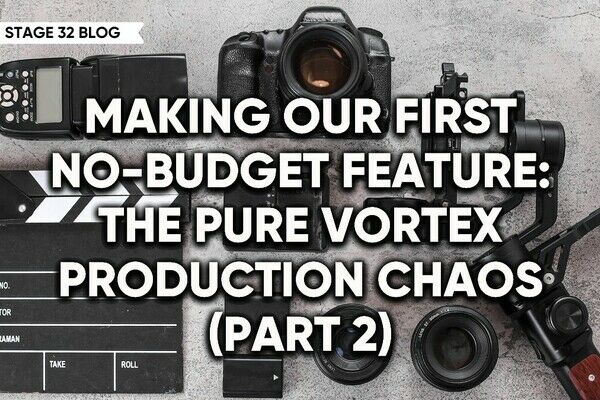
Making Our First No-Budget Feature: The Pure Vortex Production Chaos (Part 2)

Coffee & Content: Why Your Pitch Needs to Be Human

Find Your Footing on Stage 32: Join Our December Community Open House

Insider Intel: 2026 Predictions

Stage 32 Featured at the 43rd Torino Film Festival!
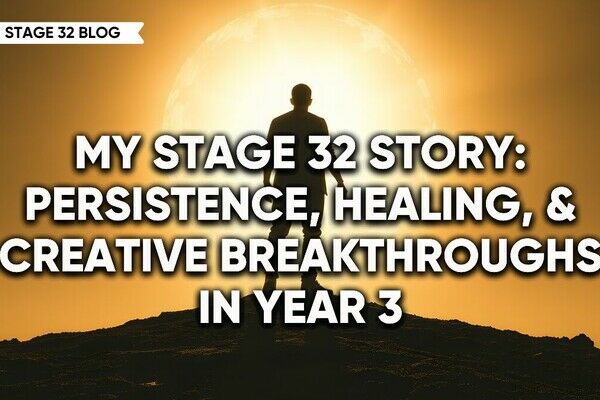
My Stage 32 Story: Persistence, Healing, & Creative Breakthroughs in Year 3
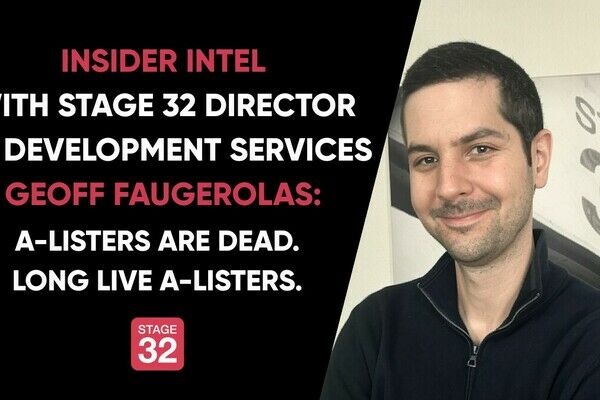
Insider Intel: A-listers Are Dead. Long Live A-listers.

Insider Intel: The Studio War & The Rise of Indies




